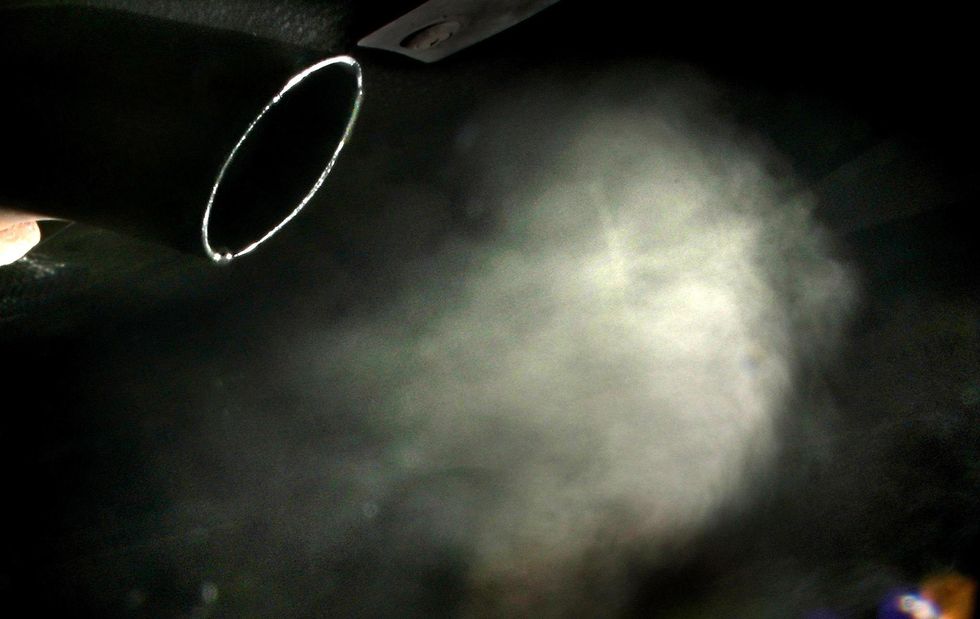The rule changes were met with fierce arguments from both sides
GETTY
The UK is expected to accept the new Euro 7 proposals
Don't Miss
Most Read
New vehicle laws are expected to be approved by the European Union despite fierce splits between politicians, with the UK expected to adopt the proposals.
Updated European Union pollution rules for internal combustion engine cars and trucks are expected to be less ambitious than previously planned.
Lawmakers voted earlier today to settle on the new “Euro 7” laws which will tighten rules for the emissions output of petrol and diesel cars.
The European Commission said the health benefits from the new standards would far outweigh the financial costs associated with meeting the targets.
WATCH NOW: FairFuel founder Howard Cox comments on fuel prices
Despite this, member states of the EU and other lawmakers have agreed to weaken the rules. During the negotiations this morning, lawmakers voted to keep the Commission’s proposals for limits on cars.
This includes limiting the amount of nitrous oxide (NOx) produced, as well as particulate matter and carbon monoxide.
The UK is expected to adopt the new measures, with Euro 4 and Euro 6 being the benchmarks for British Clean Air Zones and London's Ulez.
However, proposals to limit NOx for trucks were weakened and a decision was made to delay the expected introduction of the rules, with previous plans for Euro 7 to be launched in 2025.
The delay will affect cars, with the new laws set to be introduced three years after all secondary legislation has been passed.
According to Reuters, carmakers and countries like Italy and the Czech Republic called for changes after arguing that the original plans were too costly.
The European Union is planning to phase out the sale of new petrol and diesel vehicles from 2035, the same deadline as the UK after Rishi Sunak pushed the ban back five years.
They stated it would be better to invest in electric vehicle production rather than improving ICE vehicles’ environmental impact.
Sigrid de Vries, director general of the European Automobiles Manufacturers’ Association (ACEA), said the European Commission had voted for a “more realistic approach” to Euro 7.
She added: “The fact remains that Euro 7 represents a significant investment for vehicle manufacturers, on top of their huge decarbonisation efforts.
“Europe needs a proportionate Euro 7 that balances environmental concerns and industrial competitiveness. There can be no doubt about the industry’s commitment to improving air quality.
“That is why the auto industry has already poured extensive resources into the latest Euro pollutant standards, Euro 6/VI. These investments have paid off, as exhaust emissions are barely measurable today.”
Green lawmakers slammed the vote, saying it was a “missed chance” to reduce the number of premature deaths attributed to vehicle pollution, believed to currently be around 70,000 a year.
Bas Eickhout, a Dutch politician and member of the European Green Party, took to X, formerly known as Twitter, to slam the proposals and criticise other groups in the European Union.
LATEST DEVELOPMENTS:

The original plans would have seen the new rules launched in 2025
PA
He wrote: “Clean air not a priority for right-wing Europe. Unfortunately, this is where the Liberals turned right today.”













